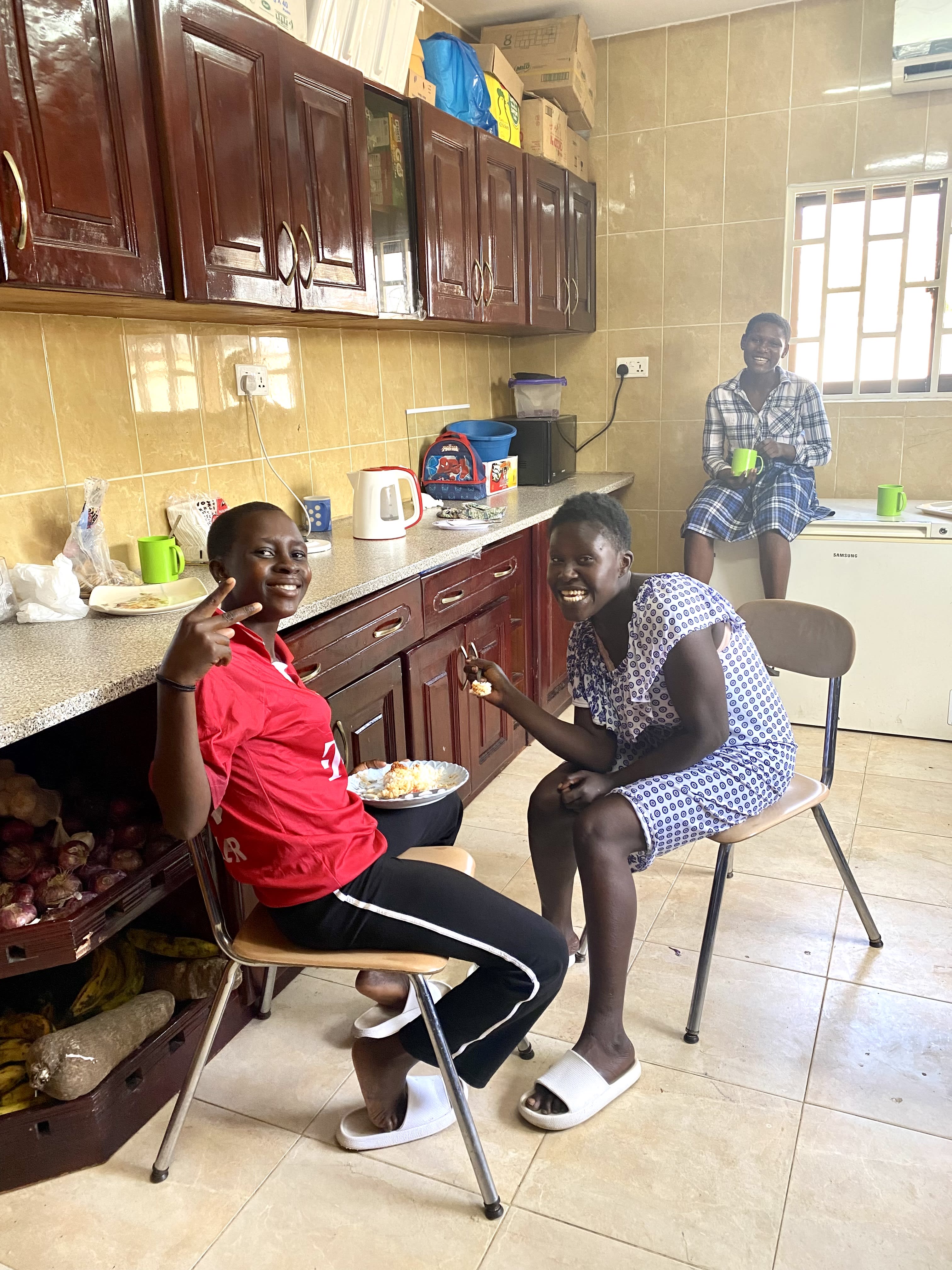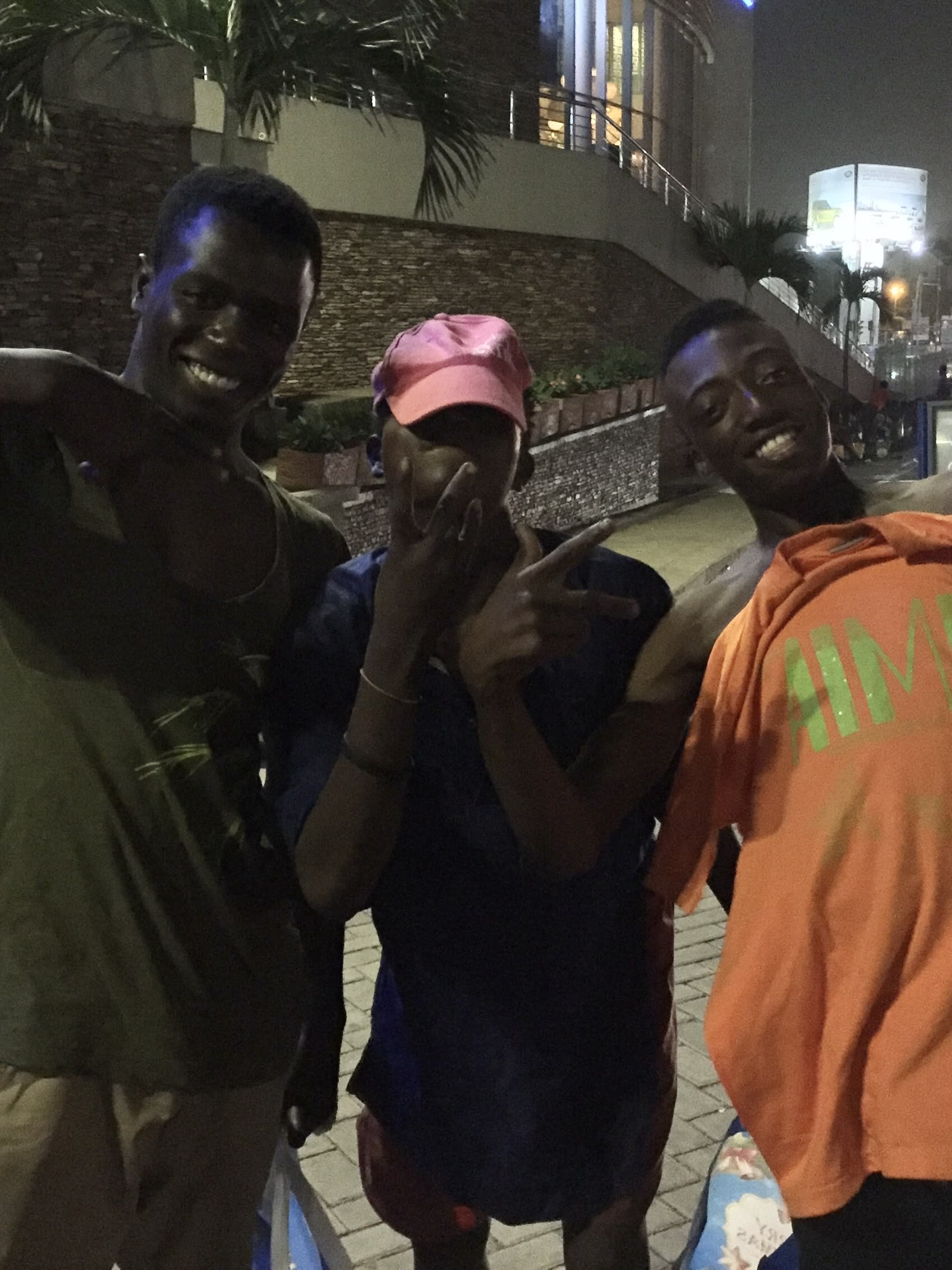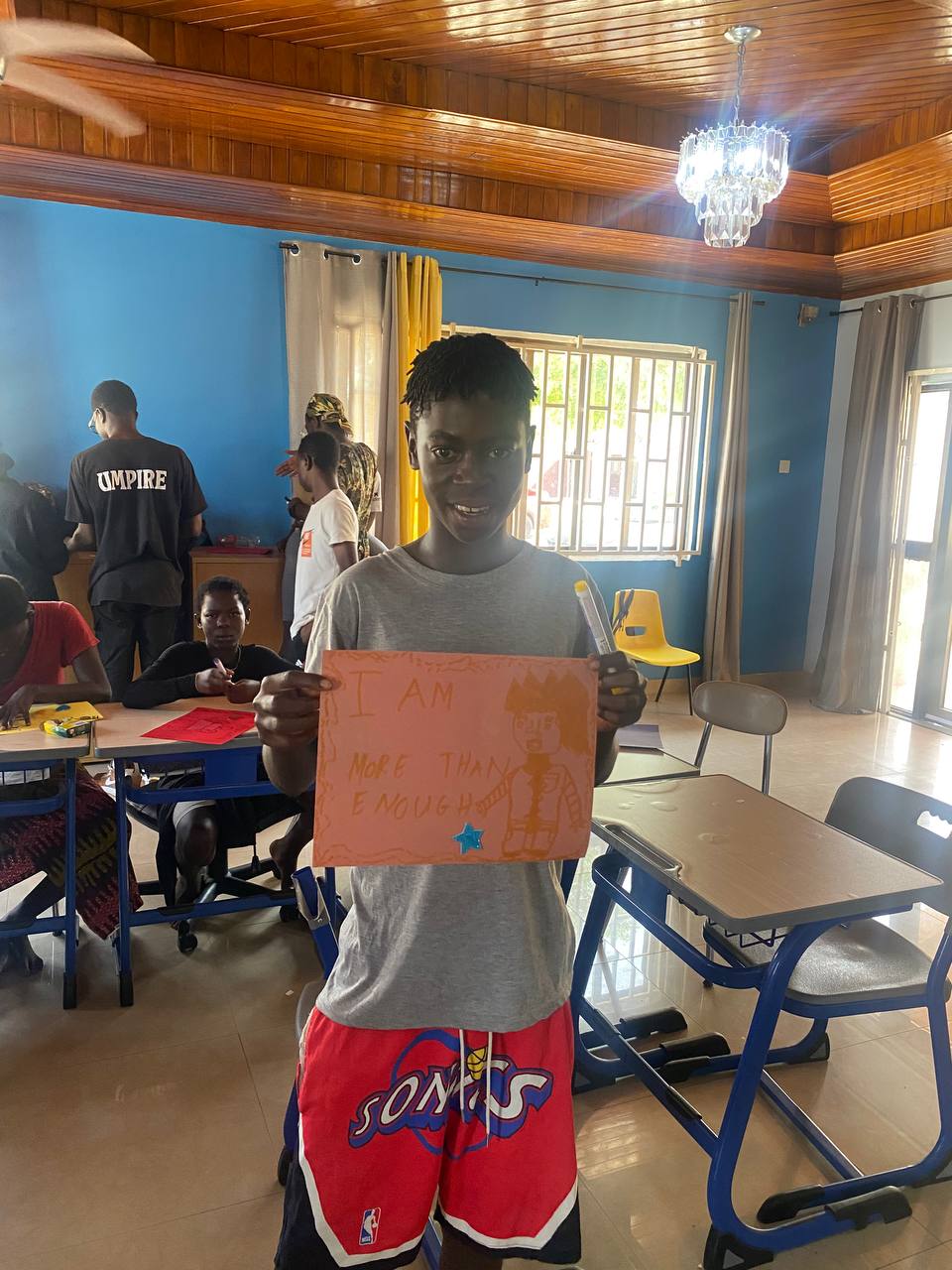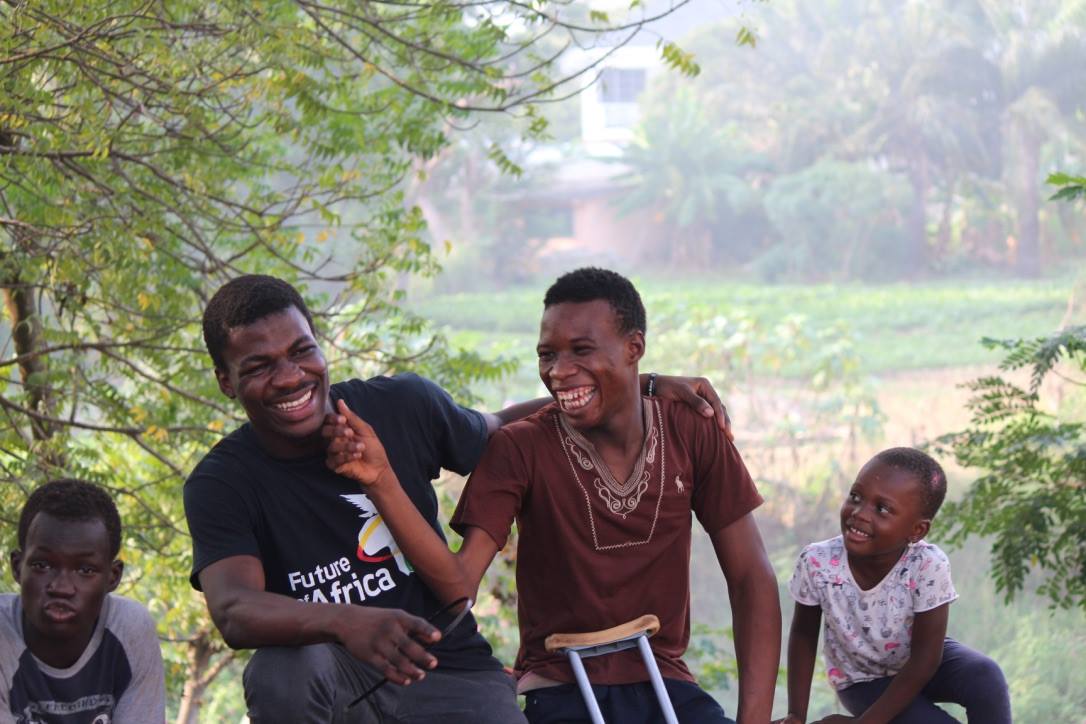
When children have lived on the streets for years it is hard for them to adjust to a new life away from the streets. Sometimes they run away. Volunteer worker Alanson Horst takes a look at the impact that running back to the streets has on both children and staff.
When children living in street situations are rescued, they are provided a home at Future of Africa's community center, Norviwo. Although relationships flourish at Norviwo, the pull of the street life continues to be strong and can draw Norviwo residents back.
When a Norviwo resident decides to leave the Norviwo Center, it is often a decision that they make independently, sometimes in secret and other times openly.
The result of them leaving their home at Norviwo is two-fold.
First, the resident returns to a vulnerable and even dangerous lifestyle of either begging for money, or engaging in prostitution or illegal drug activities, as a means of catering for their basic needs.
As an outsider to the street life of Accra, it is difficult for me to understand why a resident would choose to abandon a life of opportunity at Norviwo for the streets. However, what I have observed is that the familiarity of life on the streets, and relationships they still have there are often what pulls a child back.
The second result (that I experienced first hand) when a Norviwo resident returns to the streets is the impact their leaving has on the staff.
During my volunteer period, there was only one resident who returned to the streets, but it was a devastating time for us all. The day after she left there was an uncomfortable silence throughout Norviwo; a precious piece of our community was missing. FOA Staff were so disheartened by the resident’s absence, some even wept, as they had poured so much love into this young girl's life over several months.
It forced us to ask ourselves the question: "Were our efforts wasted? Does the energy put into a relationship outweigh the pain that results?"
In the days that followed, staff went out to the streets to look for her and bring her back home. Fortunately they were successful.
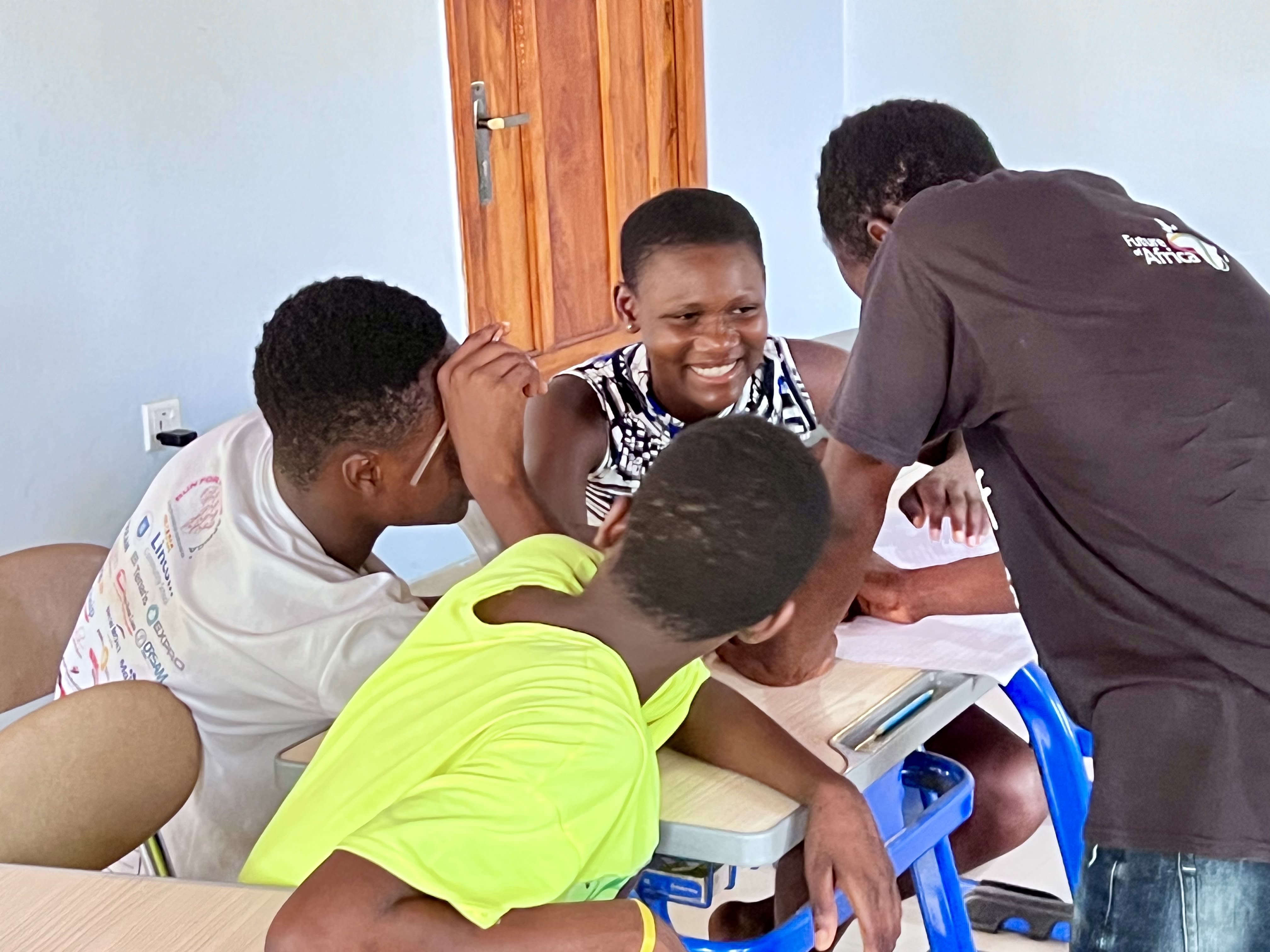
-
FOA is choosing to walk alongside children in this struggle. Like a family, they are open to discussing the difficulties and pulls of street life, and sit with the residents even in this space. FOA chooses to love residents and see the best in them when they see the worst.
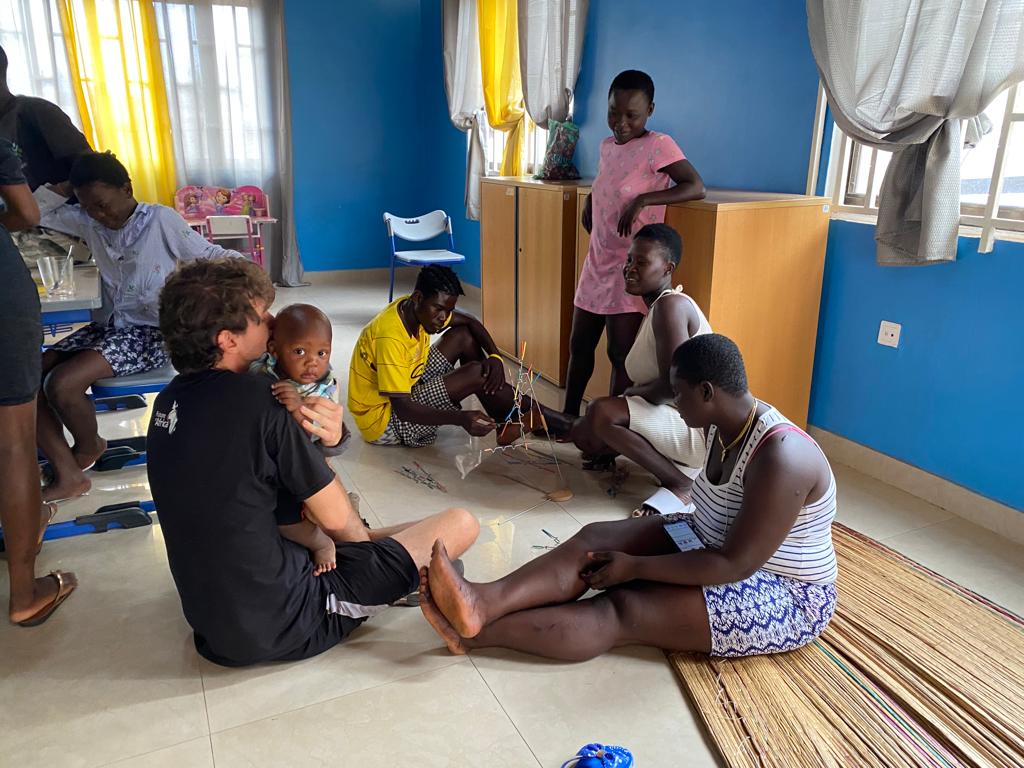
At the end of my volunteer period, I learnt that 100% of the residents who run back to the streets return to Future of Africa's street outreach programs. Subsequently, this gives staff hope to never give up on kids who run away, and gives us confidence that the kids could return to Norviwo again.
When I reflected on what inspired kids to return to Norviwo, I realized it depends on their individual experiences. However, a common theme among residents who return is the hope and determination of a brighter future.
Norviwo resident runaways often feel guilt when they return to FOA since a response of unconditional love is something they are not accustomed to. Staff are intentional about re-inviting children and continuing to develop relationships with them. Through encouragement, discussions and learning, the process of returning to Norviwo begins.
I was extremely fortunate to witness the Norviwo community welcome back the resident who had run back to the streets. Subsequently, the resident’s personal progress at Norviwo was improving at but the temptation of the streets continued to weigh heavy on her. The battle between Norviwo and the streets for a resident had proven to be more complex than I had imagined. On the other hand, welcoming her back was a joy for all involved! It was like a great homecoming of a long lost family member.
Observing this battle as an outsider has forced me to reflect and wrestle with the boundaries that prevent an individual from flourishing. What does it mean for an individual to have never experienced acceptance or believe they are worthy of love? What must it be like to experience this for the first time? As one resident was contemplating running away, they told me “The street is not a home for me. I don’t like sleeping outside on the dirt, I don't like trying to find cover when it rains, I don’t like begging for money... I’ve tried my best, and I have failed.” But isn’t the feeling of failure something we can all relate to?
Future of Africa is choosing to walk alongside children who struggle with embracing a safe and stable environment. Like a family, FOA staff are open to discussing the difficulties and pulls of street life with the children, they empathize with them and develop solutions with them.
Future of Africa chooses to love residents and welcome them back again and again. The community has developed a culture where each person sees the best in each other even if others only the worst.
Written by volunteer worker Alanson Horst
